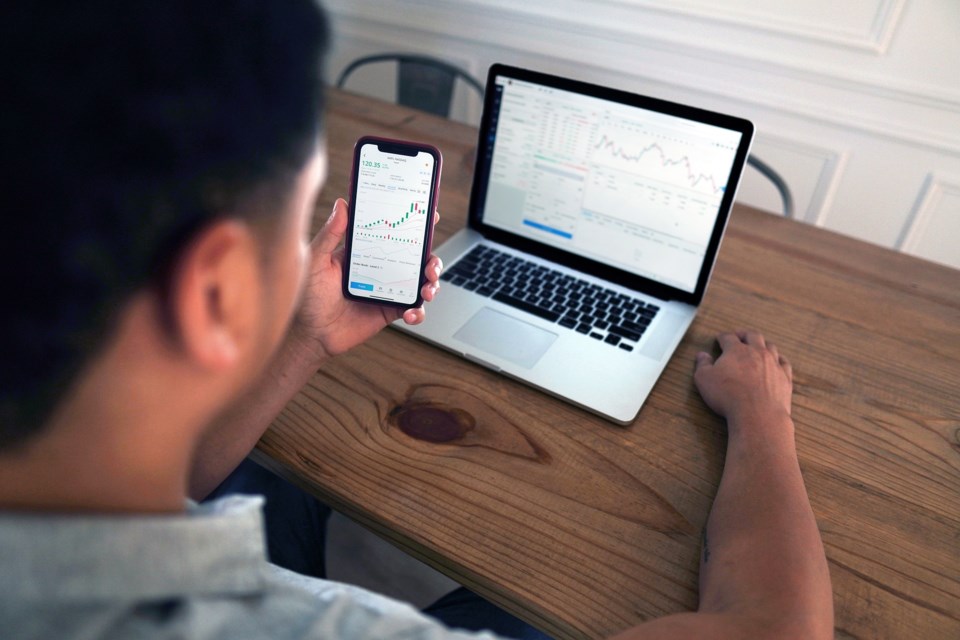Forex trading involves doing a lot of research and applying a great strategy.
However, to be a successful forex trader, you also need to select a good forex broker. There are thousands of forex brokers available in the market, making choosing the right one a daunting task. If you are wondering what the best way to go about it is, do not stress yourself anymore.
Here are tips on the factors that you should consider when choosing a forex broker.
1. Features Of The Account
Every Stock Forex broker offers different things. When comparing other brokers, you need to consider the key features: spread, commissions, margin, and leverage. Withdrawals, deposits, and initial deposits are essential features that can help you decide which broker to choose.
Spread is the difference between the ask and bid of a forex pair. Some brokers take commissions, so they charge a certain percentage of the spread. The brokers that do not charge a commission make money through wider spreads. Research well and know how a broker makes money. The wider a spread is, the harder it can be to make money.
Brokers allow traders to use the leverage that is in their margin account. Some accounts can give you significant leverage of 200:1. Leverage favors traders when they are in winning positions because the profits get significantly enhanced and vice versa.
Most brokers allow traders to deposit a small initial deposit which can be as little as $50. Most forex brokers give traders a variety of trading accounts to meet the needs of a wide range of traders. There are three major accounts namely micro account (1 lot= 1000 units), mini account (1 lot + 10,000 units) and standard account (1 lot =100,000).
A good broker should also be easy to deposit and withdraw. You can fund your account online through different methods such as personal or business checks, bank checks, wire transfer, Paypal, ACH payments, or credit card. You can withdraw by wire transfer or check. You can be charged a fee for one of the services.
2. Your Needs
Each trader has different needs. Some traders want a broker who offers more than just forex. Some brokers provide commodities such as oil and gold. If you are a trader who likes to trade in this other stuff, you should ensure that the account you are about to sign up for will have these products available for trading.
The broker you choose will also depend on your level of experience. Are you a beginner, professional, day trader, or scalper? If you are a beginner, the ideal CFD account has comprehensive trading education resources, a user-friendly trading platform, and access to a demo account for practice purposes. You will consider low spreads, high leverage, and comprehensive trading tools if you are a professional. These tools could include things like complex live charts, an economic calendar, and a commission calculator.
If you are a day trader, it will be great if the broker offers a wide range of instruments to help you find trading opportunities. These tools include earning reports, marketing news, an economic calendar, and a signal device. An ECN broker will also be perfect for you because they have tight spreads, which are essential when trading small moves. If you prefer to scalp, make sure the broker you choose allows scalping since some do not allow it.
3. Regulatory Compliance
Reputation should be put into consideration when choosing a broker. Every country has a body that regulates brokers. To ensure that your deposit is safe and the broker you are dealing with is credible, you should only open regulated accounts. In the US, a reliable broker will be registered with the Commodity Futures Trading Commission or be a member of the National Futures Association (NFA).
4. Trading Platform
Ensure that the trading platform you want to trade on is user-friendly, and you can enter and exit trades with ease. Additionally, the software and platform should come with the necessary fundamental analysis and technical tools.
5. Customer Service
Choose a platform that offers customer support 24/7. Find out whether it is possible to call a live person using a phone. This will help you know the average wait times and the kind of customer services they offer. Most people tend to overlook this factor when they are selecting a trading platform. They forget the crucial role that customer service plays in their general trading experience. You will need customer service assistance at some point in your trading activities, so it is essential to ensure the broker you want to sign up with can provide excellent customer service.
6. Currency Pairs Offered
Only a small percentage of currencies available for trading get much attention. Thus, they trade with the highest liquidity. These pairs include GBP/USD, EUR/USD, USD/CHF, and USD/JPY. Pick a broker that offers the pairs that you prefer as a trader.
